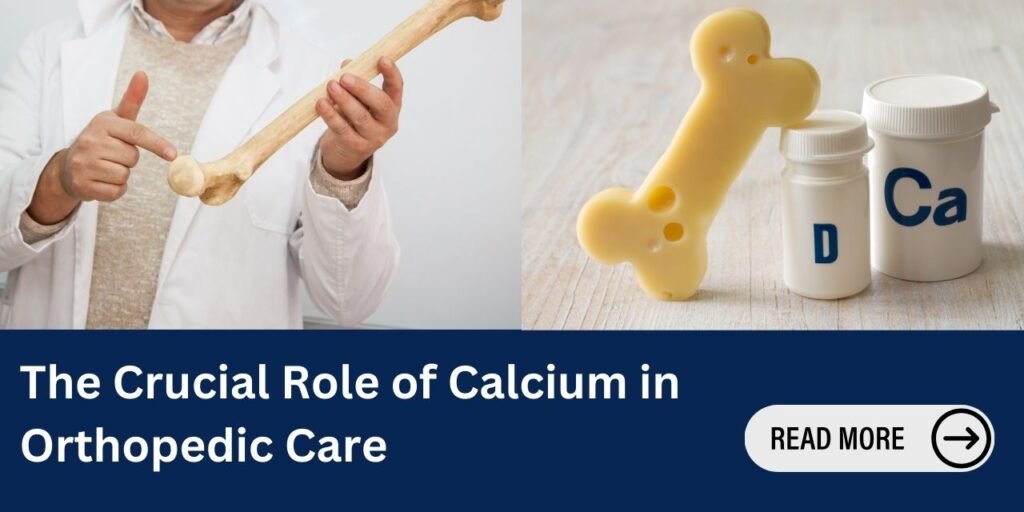The Role of Calcium in Bone Health: Why It Matters for Orthopedic Wellness

Calcium is a vital mineral that is crucial for maintaining bone health and overall orthopedic well-being. While it is well-known for its role in strengthening bones, its importance extends to various other bodily functions and overall health. This article will delve into how calcium supports bone health, its significance in orthopedic care, and practical tips for ensuring you get enough calcium.
The Role of Calcium in Bone Health
Calcium serves as a fundamental component of bone tissue. Approximately 99% of the body’s calcium is found in the bones and teeth, where it plays a key role in maintaining their structure and strength. Here’s how calcium contributes to bone health:
Bone Formation and Density
Calcium is essential for the development of new bone tissue and the maintenance of bone density. During childhood and adolescence, adequate calcium intake is critical for building strong bones. In adulthood, calcium helps prevent bone loss and sustain bone mass.
Bone Remodeling
Bone is a dynamic tissue that constantly undergoes remodeling, a process in which old bone is replaced by new bone. Calcium supports this remodeling by providing the necessary minerals for rebuilding and maintaining bone structure.
Preventing Osteoporosis
Osteoporosis is a condition characterized by fragile bones that are more prone to fractures. Insufficient calcium intake can lead to lower bone density and a higher risk of developing osteoporosis. Maintaining adequate calcium levels helps reduce this risk and supports long-term bone health.
Muscle Function and Nerve Transmission
In addition to its role in bone health, calcium is crucial for muscle function and nerve transmission. Proper calcium levels ensure effective muscle contraction and efficient nerve communication, both of which are essential for overall bodily function and mobility.
